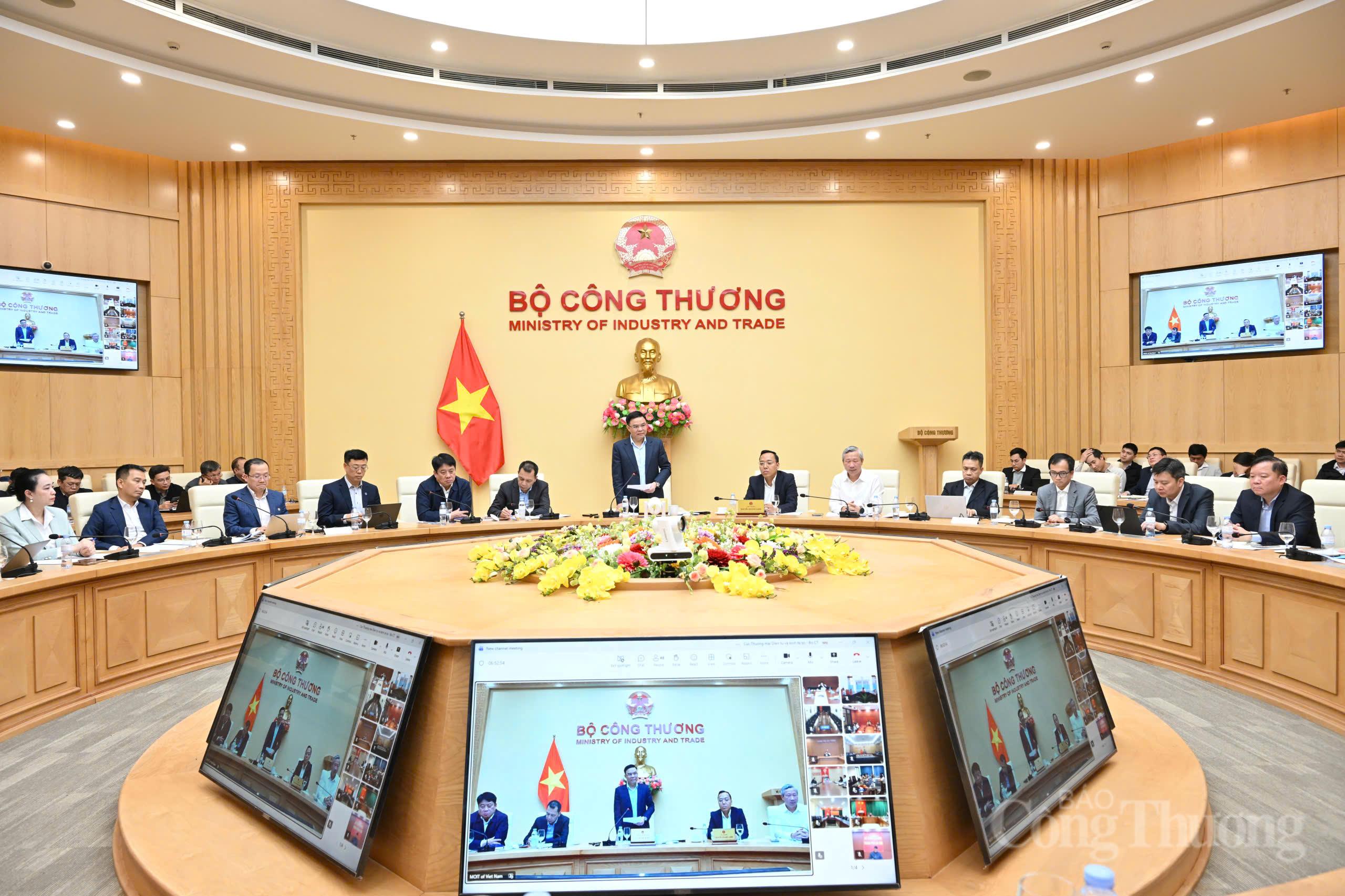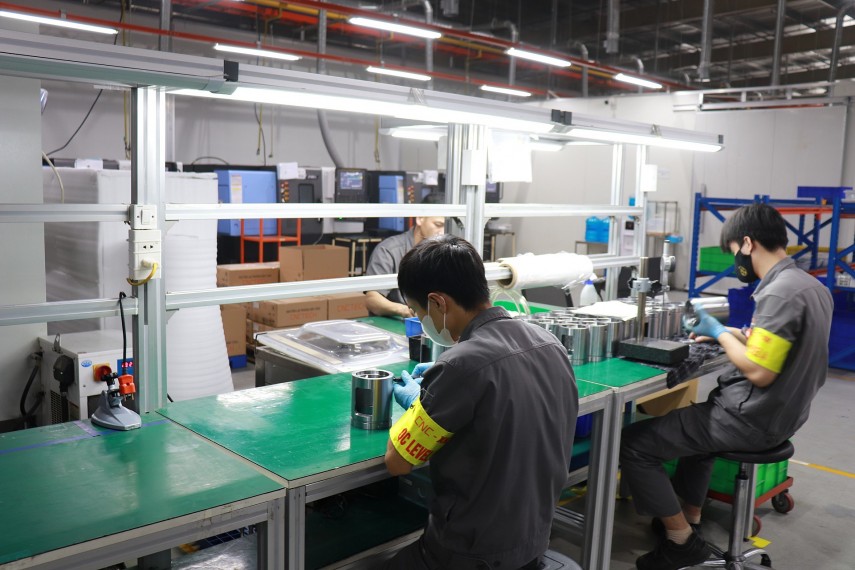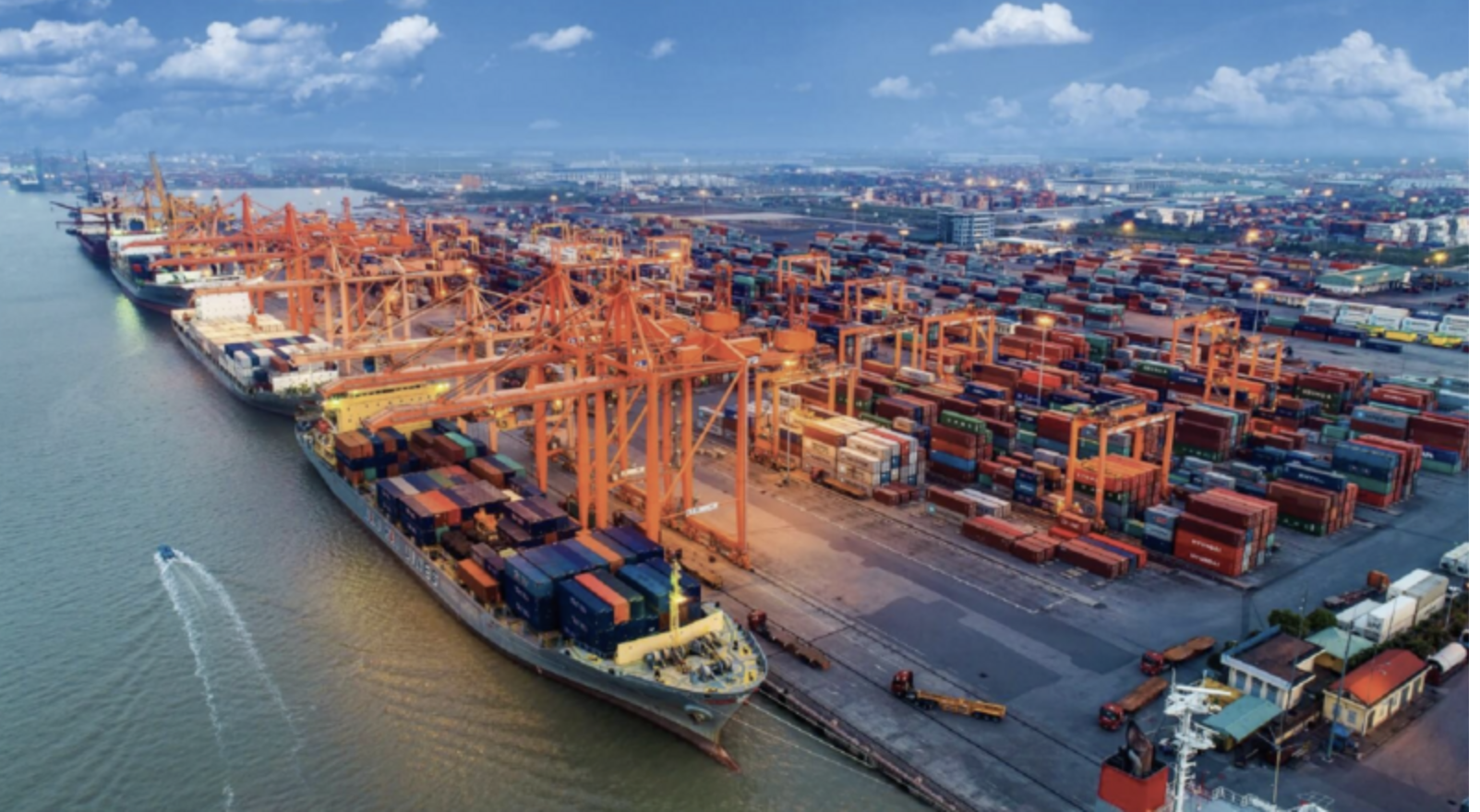
The MoIT strengthens the power supply and key energy projects
19:05 | 23/03/2025 14:42 | 31/01/2026News and Events
Efforts for global integration
According to the Ministry of Industry and Trade (MoIT), there are currently about 5,000 processing enterprises providing components and spare parts for the automotive and mechanical industries, of those 70 percent are suppliers to domestic manufacturers, eight percent supply exporters and 17 percent are involved in providing both. Thus, only about 30 percent of Vietnamese supporting industry enterprises have engaged in the global supply and value chain.
 |
| There are currently about 5,000 processing enterprises providing components and spare parts for the automotive and mechanical industries |
Meanwhile, Vietnam has to import components worth tens of billions of USD a year to serve industries, with those for electronic and automobile industry alone valued at US$50 to 60 billion. This is an attractive and potential market for Vietnamese supporting industry enterprises to make efforts and rise to gain the market share.
Do Thi Thuy Huong, Vice President of the Vietnam Association for Supporting Industries, said that apart from the low starting point, the specificity of supporting industry requires capital and technology, which are two weaknesses of Vietnamese enterprises. In processing and manufacturing, most enterprises are small- and medium-sized, with limited development capacity and ability to meet requirements in the chain.
Supply chains developed by Vietnamese enterprises
Experts assess that global production supply chains are led by multinational corporations. Any enterprises that want to be a part of it must join in the chains. Therefore, the shortest way for Vietnamese businesses to enter the global supply chains is to link with multinational companies.
Pham Tuan Anh, Deputy Director of the Vietnam Industry Agency (MoIT), said that to help Vietnamese supporting industries participate more deeply in the global supply chain, in the coming time, it is necessary to strengthen linkage and stability in the supply chain for Vietnam's key manufacturing industries, such as textiles, footwear, electronics, and more.
“Also, Vietnam needs to complete its legal system, policies and mechanisms as a foundation to create motivation for industrial development, especially the research and development of a law on industrial development,” Pham Tuan Anh said.
In addition, changes in thinking and approaches to industrialization and modernization need to be made, shifting from developing industries that depends on processing and assembly to proactive and creative application of digital technology to production to improve productivity and competitiveness of domestic industry. The linkages between domestic enterprises with the FDI sector and global markets also need to be strengthened to take advantage of opportunities from free trade agreements (FTAs) and the 4th Industrial Revolution in order to help domestic supporting industry enterprises participate more deeply in the global value chains.
From the perspective of enterprises, Do Thi Thuy Huong expressed that supporting industry enterprises really need support from the State, first of all, in human resource training. Currently, it is very difficult for them to recruit high-quality workers in the processing and manufacturing industry because this is a harsh sector that requires high qualifications and knowledge, while the income level may not be high compared to that from other sectors.

19:05 | 23/03/2025 14:42 | 31/01/2026News and Events

19:05 | 23/03/2025 22:14 | 30/01/2026News and Events

19:05 | 23/03/2025 16:24 | 30/01/2026Science - Technology

19:05 | 23/03/2025 09:54 | 30/01/2026Cooperation

19:05 | 23/03/2025 09:40 | 30/01/2026Investment